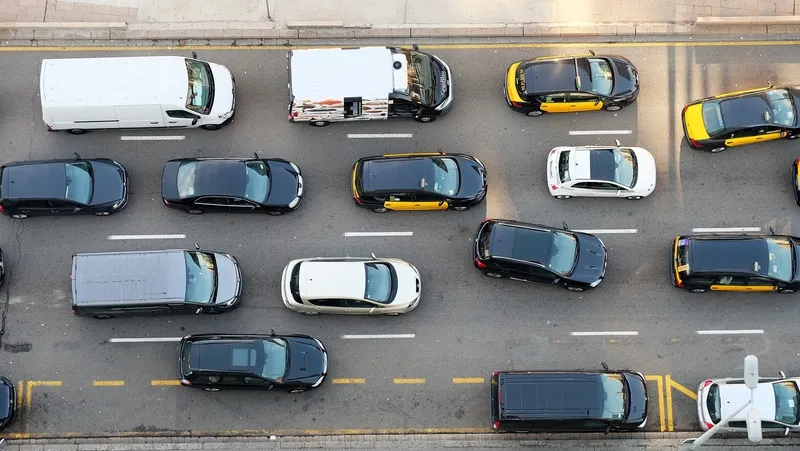According to a recent report by the European Commission, EU member states are far behind schedule in implementation of the European Electronic Toll Service (EETS). It is already clear that the target date of 8 October 2012 for heavy duty vehicles will not be met. The system is designed to enable road users to pay tolls throughout the EU with one subscription contract, one service provider and one on-board unit. The aim is to eliminate cumbersome procedures for cross-border users. The legislation requires me
September 10, 2012
Read time: 2 mins
According to a recent report by the 1690 European Commission, EU member states are far behind schedule in implementation of the European Electronic Toll Service (EETS). It is already clear that the target date of 8 October 2012 for heavy duty vehicles will not be met.
The system is designed to enable road users to pay tolls throughout the EU with one subscription contract, one service provider and one on-board unit. The aim is to eliminate cumbersome procedures for cross-border users. The legislation requires member states to open their tolling systems to commercial EETS providers. EETS must be available to all vehicle categories by October 2014.
The report blames incomplete national transposition of the required rules in most member states. There has also been a delay in the necessary investment in both the systems and the resting required by toll chargers.
In response to the report, the Commission has published a warning that it will launch infringement proceedings against member states that fail to meet their obligations to roll out the service. But it also lays out possible assistance the Commission could offer to help speed up the roll-out, including financial assistance for interoperability projects between member states, under the trans-European transport programme.
The system is designed to enable road users to pay tolls throughout the EU with one subscription contract, one service provider and one on-board unit. The aim is to eliminate cumbersome procedures for cross-border users. The legislation requires member states to open their tolling systems to commercial EETS providers. EETS must be available to all vehicle categories by October 2014.
The report blames incomplete national transposition of the required rules in most member states. There has also been a delay in the necessary investment in both the systems and the resting required by toll chargers.
In response to the report, the Commission has published a warning that it will launch infringement proceedings against member states that fail to meet their obligations to roll out the service. But it also lays out possible assistance the Commission could offer to help speed up the roll-out, including financial assistance for interoperability projects between member states, under the trans-European transport programme.








